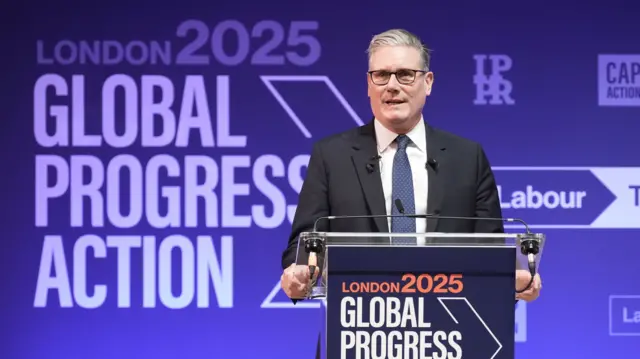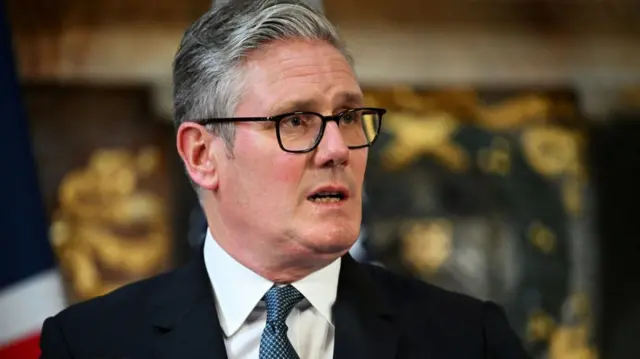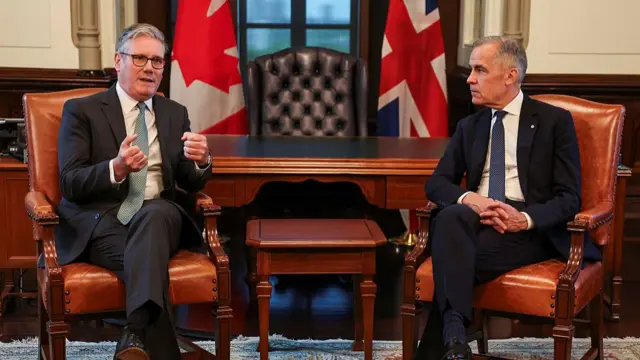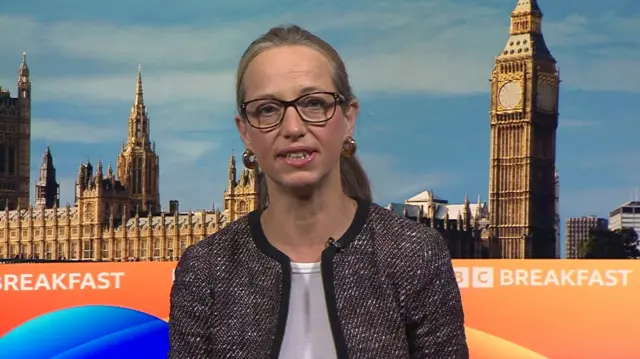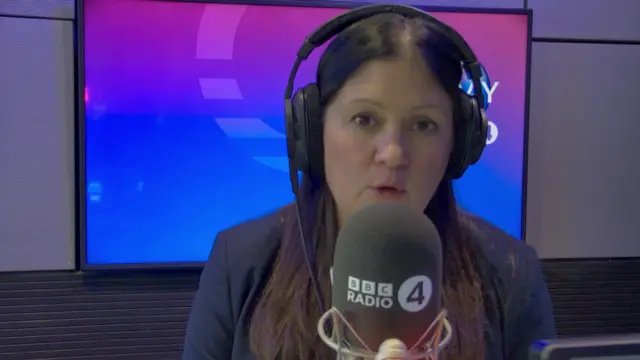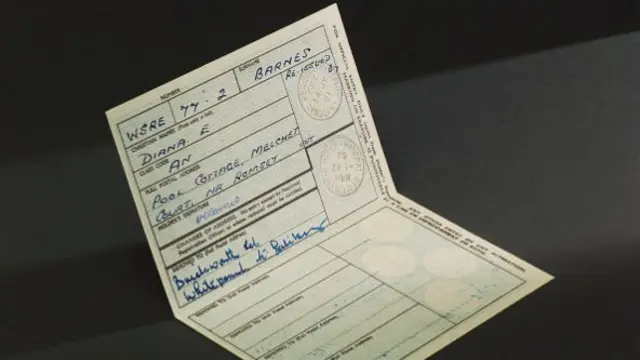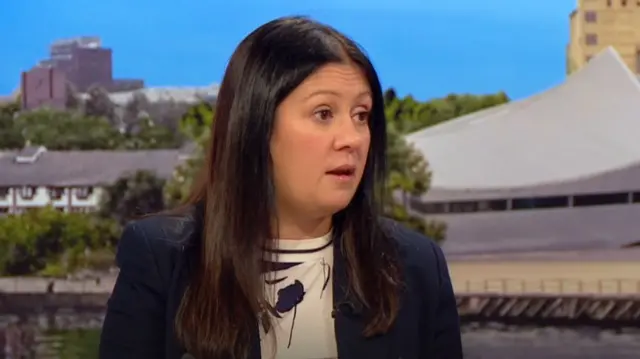London not a wasteland - as some would have you believe, Starmer sayspublished at 11:13 BST 26 September
Starmer continues his address by saying it's now time to confront "some of the challenges and lies that have taken root in our societies".
He mentions commentary on politics and cities which "simply don't match" reality.
Touching on London, he says the capital "isn't the wasteland of anarchy that some would have you believe".
The PM says this captures what they're up against - where places and communities are portrayed "a million miles from reality".
He says these lies "prey on real problems" which "draw a dividing line".

